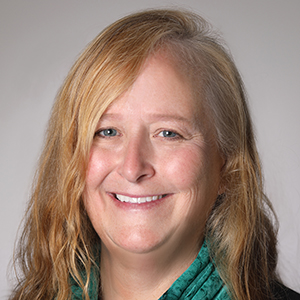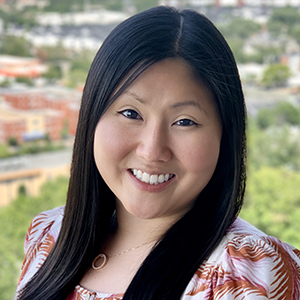Medical Biochemical Genetics Fellowship
The Medical Biochemical Genetics Fellowship Program is a one-year fellowship program that trains highly motivated physicians to diagnose, manage, and counsel patients with inborn errors of metabolism.
Program Leadership
Program Director

Melissa Merideth, M.D., M.P.H.
- Program Director
- Medical Biochemical Genetics Fellowship
Program Coordinators

Kyia J. Reynolds-Davis, B.S.
- Program Coordinator
- Medical Biochemical Genetics Fellowship

Holly Babcock, M.S, C.G.C.
- Program Coordinator
- Medical Biochemical Genetics Fellowship
Last updated: December 19, 2023
